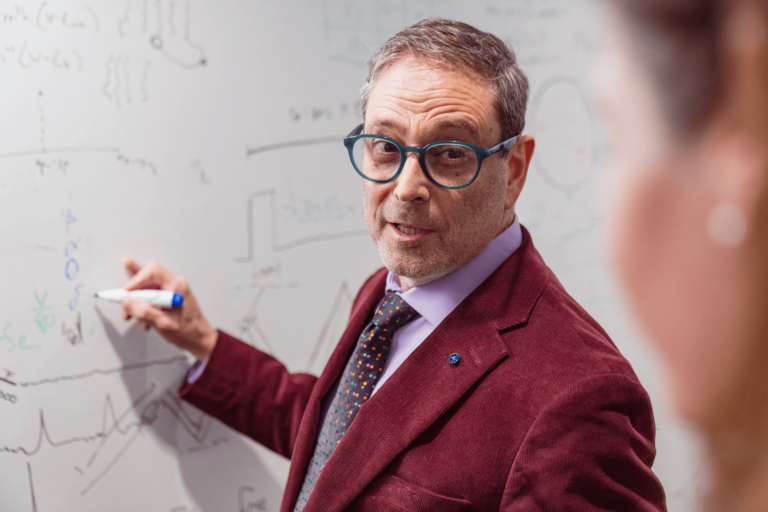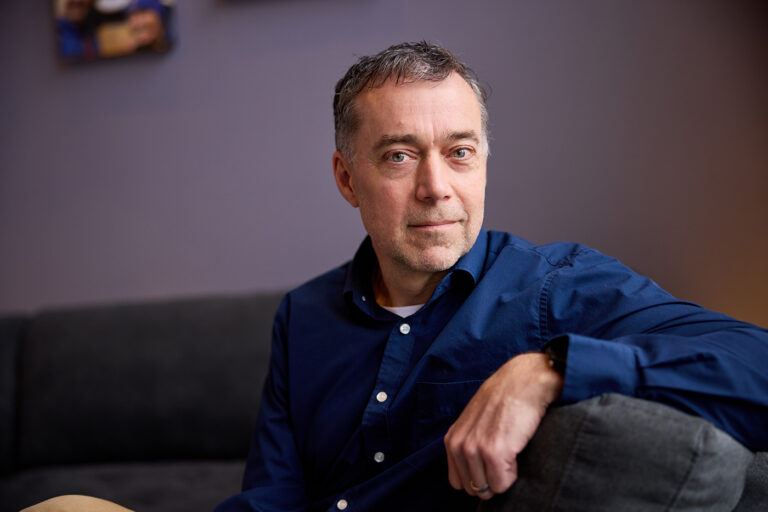From WashU to DARPA
Alissa Ling, AB ’18
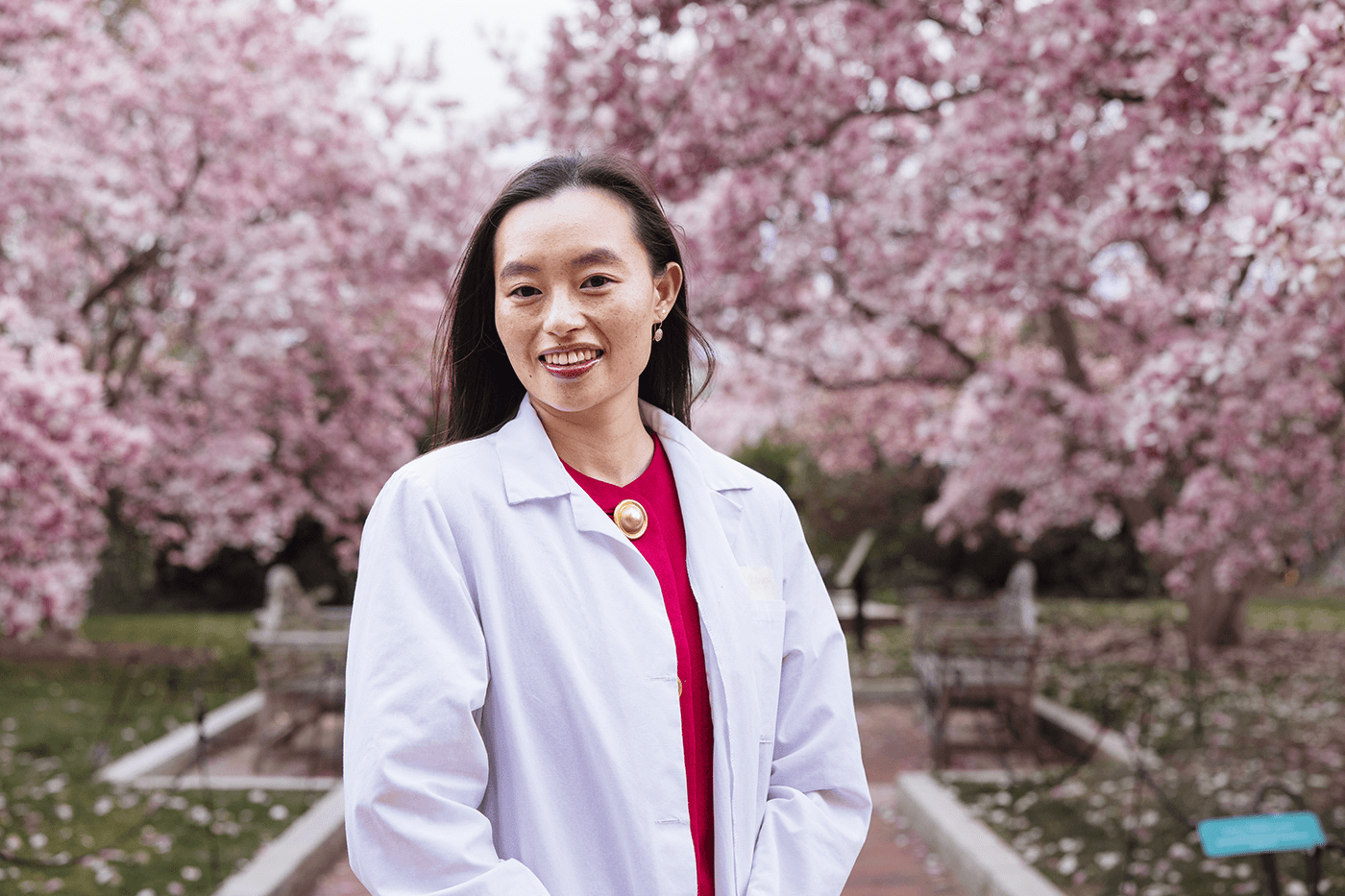
By Zellie McCelland
In her first year of high school, Alissa Ling, BA ’18, started volunteering more than 10 hours a week at Walter Reed Military Medical Center. There, she first learned about emerging rehabilitation devices — like brain-controlled prosthetic arms — that offered soldier amputees a rare and vital return to mobility. After completing her bachelor’s degree in physics and mathematics at WashU, Alissa went on to earn a PhD from Stanford in electrical engineering: neurophysics. As a current DARPA Innovation Fellow, she is supporting the development of pioneering technologies that will move well beyond the robotic arm.
“As a fellow, I am writing DARPA solicitations … to push the field of neuroscience, both its basic neuroscience and technology development, far into the future.”
Alissa Ling, DARPA Innovation Fellow
Describe your path after WashU.
After graduating from WashU, I entered Stanford’s PhD program in electrical engineering, focusing on advancing our understanding of how the brain controls natural, free movement. My overarching goal has always been to develop technologies that enable individuals with motor disabilities to regain the ability to move. After my PhD, I applied for a fellowship at DARPA, knowing it was the perfect platform to help push the boundaries of this work.
Why was DARPA the perfect platform?
My interest began when I was volunteering at Walter Reed, where I saw firsthand how DARPA was funding breakthrough technologies, like prosthetic limbs controlled by brain signals, to help wounded soldiers. These efforts were some of the earliest innovations in neural devices. And I knew that DARPA was where I wanted to be.
As a fellow, I am writing DARPA solicitations — official calls for research proposals— to push the field of neuroscience, both its basic neuroscience and technology development, far into the future. One of my major projects was to develop a new solicitation for a cutting-edge research. One solicitation can fund up to $300,000 for each performer, and we hope to secure 10 to 30 performers. Our intent is to get many different ideas and angles to answer a broad, high-risk question and to push the limits of what’s possible. If their ideas show promise, we can offer additional funding to scale them up.
My role has been to understand precisely the state of the field and to evaluate proposals based on whether they represent bold leaps forward or just evolutionary steps. We chose revolutionary ideas to support our warfighters.
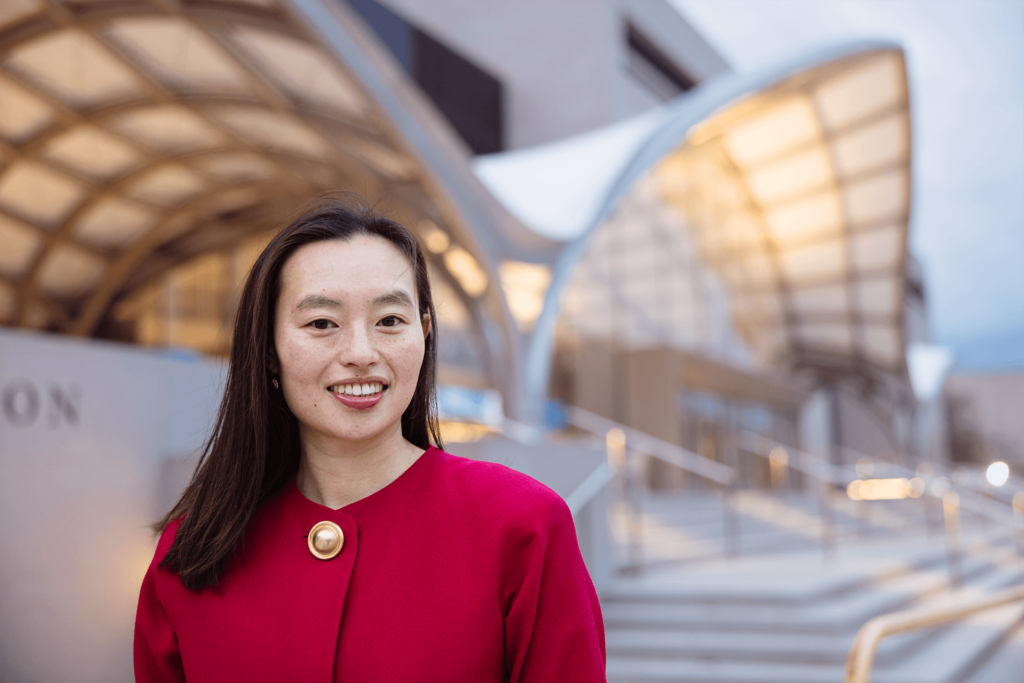
So how do you think WashU uniquely prepared you for this path?
WashU played a huge role in preparing me for my current work. The courses I took in the physics department, especially those focused on neuroscience, truly deepened what had been a high-school fascination. WashU offered unique classes like the Physics of the Brain, the Physics of the Heart, and the Physics of Vision — courses that I’m not sure you can find at any other schools. I took all three, and they laid the foundation for my academic and professional journey.
Taking Physics of Vision, in particular, had a lasting impact. It led to two undergraduate summer internships at Johns Hopkins University Applied Physics Laboratory (APL), which specializes in healthcare innovations. The team at APL later told me that my experience with the Physics of Vision class really stood out on my resume. It was that class that introduced me to engineering, ultimately guiding me to DARPA and my current work in neurotechnology.
What do you hope to accomplish in your career?
So, I’ve applied to medical school, which is very exciting! I applied there because my dream is to be a clinician scientist running clinical trials for emerging technologies for movement-related disabilities. It’s a really lofty goal.
In 50 years, I would love to be able to help somebody who’s completely paralyzed to walk, to return them to full normal function. Right now, we’re not there, but I think with the technologies that are coming out — technologies that DARPA’s investing in, that NIH is investing in, and that hopefully, I can help to develop — one day I could return somebody to full function even after a minor injury.
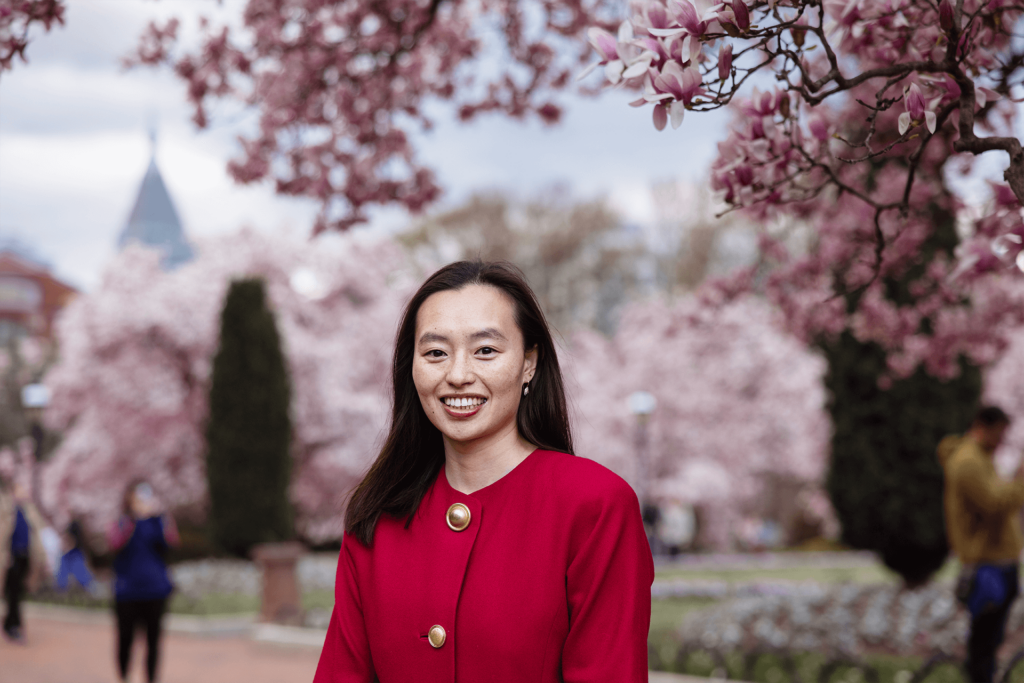
The healing power of neuroscience
Physician-scientist Michael Avidan, MBBCh, leads WashU Medicine’s Department of Anesthesiology, a world leader in anesthesiology research, education, and patient care.
Expert hands, timely hope
WashU Medicine’s Taylor Family Department of Neurosurgery is home to the latest innovations in neurosurgery and neurotechnology to address complex brain tumors. Eric C. Leuthardt, MD, performed a groundbreaking, minimally invasive procedure in 2010.
A new era in mental health research
Eric Lenze, BA ’90, MD ’94, leads the Department of Psychiatry at WashU Medicine, which has a long history of international excellence in research, education, and patient care.
